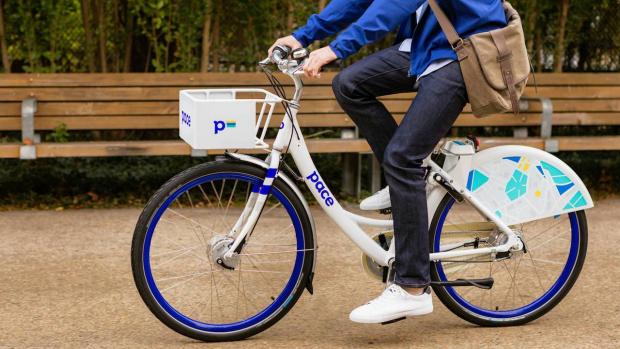Bike Share Program has positives Lonsberry overlooks
Primary tabs
Unquestionably, bike share programs have real challenges. Because human beings are prone to thievery, accidents, and neglect, bikes get stolen, broken, and misused. But that is not the whole story. Due to bike sharing, each day hundreds of people can get to work, shop locally, recreate with family and friends, and increase their exposure to the city. As several national studies have demonstrated, bike share programs reduce the number of drivers on the road, minimize traffic delays and commute times, and make for safer streets in general. A 2017 study in the Journal of Environmental Economics and Management found that there is a significant reduction in accidents in high traffic congestion areas.
Another telling study by the Portland Bureau of Transportation reported that up to a quarter of rides—26 percent—are replacing what would have been a car trip. Denver’s B-Cycle, which opened in 2011, reported that almost half of its 2016 trips—47 percent—replaced car trips. These trends are not unique to big, environmentally conscious cities such as Portland and Denver.
Here in Rochester, let’s not throw out the baby with the bathwater. Yes, there are serious issues that need to be addressed. But overall the program is serving its purpose, and it is laying the foundation for a viable civic transportation system of the future.
I also think that the wrong questions are being asked by narrow minded and prejudiced commentators such as Lonsberry. Concerning the 250 missing bikes, I wonder how many people have been saved from a car accident due to those bikes being available. How many of those people who attained a bike now have access to a job site or interview? How many aggravated assaults and robberies were prevented because someone has a bike that they did not take from a person on the street or in a home? This is about a cost benefit analysis. How expensive are car accidents, unemployed citizens, and violent crime compared to those 250 missing bikes?
Furthermore, how much property has been taken from low income citizens in Rochester, especially people of color? When one considers this city’s history of real estate development, gentrification projects, elimination of manufacturing, gutting of school budgets, and more, is it too much for the city to make bikes free for the people?
One last point. Do we stop putting grocery stores such as Price Rite, Topps, and Wegmans in the city just because there is shoplifting? Of course not. Studies have shown that supermarkets lose up to $200 a day on theft. These businesses serve the public interest, and they are able to assume these losses because the immense profits outweigh the negative costs. The same is true with bike sharing.
George Cassidy Payne is an independent writer and SUNY adjunct professor in the humanities.










